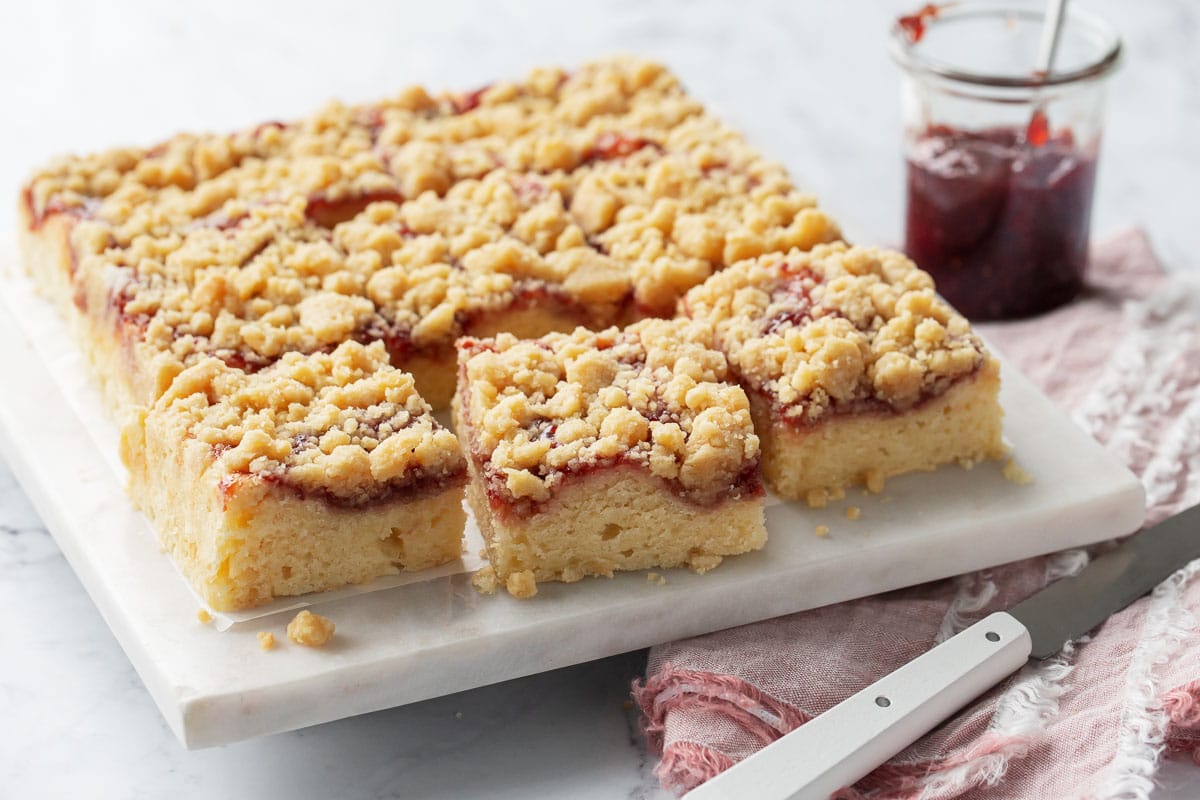Brazil will respond to Trump's 50% tariff with 'reciprocity,' says da Silva
President Donald Trump said the United States will impose a 50% tariff on imports from Brazil.


Brazilian President Luiz Inacio Lula da Silva said Wednesday that his country will respond with reciprocity to U.S. President Donald Trump's newly announced 50% tariff rate on his country's exports, citing a recently adopted Brazilian law that authorizes the government to take proportional countermeasures.
Trump said Wednesday the U.S. will impose the tariff on imports from Brazil starting Aug. 1, partly in retaliation for the ongoing prosecution of the country's former president, Jair Bolsonaro.
Trump said in a letter that the new tariff — a massive jump from the 10% rate the U.S. imposed on imports from Brazil in early April — is also a response to the "very unfair trade relationship" between the two countries.
The letter to da Silva followed nearly two dozen others that Trump has recently sent to other world leaders, dictating steep new tariff rates on the goods they sell to the U.S.
Brazil's President Luiz Inacio Lula da Silva at the Mercosur Summit.
Picture Alliance | Picture Alliance | Getty Images
But the letter to Lula goes further than the rest, by imposing a new U.S. import tax rate explicitly as a punishment for a country engaging in internal political and legal affairs that Trump dislikes.
Da Silva replied to the letter Wednesday, saying Brazil would respond to the tariffs in accordance with its newly adopted economic reciprocity law.
"Brazil is a sovereign country with independent institutions that will not accept being lectured by anyone," wrote da Silva, according to a CNBC translation of his social media post.
The value of Brazil's currency, the real, fell more than 2% against the U.S. dollar following Trump's announcement.
Trump has previously sounded off on Brazil over its treatment of Bolsonaro, a vocal ally of the U.S. president who is standing trial over his role in an alleged coup to overturn his 2022 reelection loss.
Trump called the situation "an international disgrace" in the letter, which he shared publicly in a Truth Social post. He slammed the Bolsonaro trial as a "Witch Hunt," echoing the language he used to describe the multiple criminal investigations that he faced before winning the 2024 U.S. presidential election.
Former Brazilian President Jair Bolsonaro talks to the media, after the Supreme Court voted that he should stand trial for allegedly attempting a coup after his 2022 electoral defeat, in Brasilia, Brazil, March 26, 2025.
Adriano Machado | Reuters
He also railed against "Brazil's insidious attacks on Free Elections, and the fundamental Free Speech Rights of Americans," apparently referring to the Brazilian Supreme Court's recent ruling that could hold social media platforms liable for their users' content.
Trump also claimed that Brazil's trade policies have caused "unsustainable Trade Deficits against the United States," which threaten the U.S. economy and national security.
But the United States has a goods trade surplus with Brazil, which totaled $7.4 billion in 2024, according to the Office of the U.S. Trade Representative.
Da Silva called out Trump's false allegation of a trade deficit in his response, citing U.S. government figures.
Trump also wrote that the United States is launching an investigation into potential unfair trade practices by Brazil.
He said that probe is based on "Brazil's continued attacks on the Digital Trade activities of American Companies."
"Please understand that the 50% number is far less than what is needed to have the Level Playing Field we must have with your Country," Trump wrote. "And it is necessary to have this to rectify the grave injustices of the current regime."
Portions of the letter to Lula match the verbiage of the 21 tariff letters that Trump has sent to other world leaders since Monday.
All of those letters specify that the new blanket tariff rates are separate from other "sectoral" duties on imports of specific products, such as steel, aluminum and cars.
They all also deliver a preemptive warning that if the countries decide to raise their own import taxes on American goods "for any reason," then the U.S. will increase its tariff rate by an equivalent amount.
And they all note that the U.S. "will, perhaps, consider an adjustment" if the countries get rid of their tariff and non-tariff trade barriers.
"These Tariffs may be modified, upward or downward, depending on our relationship with your Country," Trump says in all of the letters. "You will never be disappointed with The United States of America."
The recipients are a blend of major U.S. trade partners, including Japan and South Korea, and smaller economies, such as Moldova and Brunei.
The tariff rates for those 21 countries range from 20% to 40%. They are all set to kick in on Aug. 1, and Trump has insisted that "no extensions will be granted."

 ShanonG
ShanonG 






















_1.jpg)







